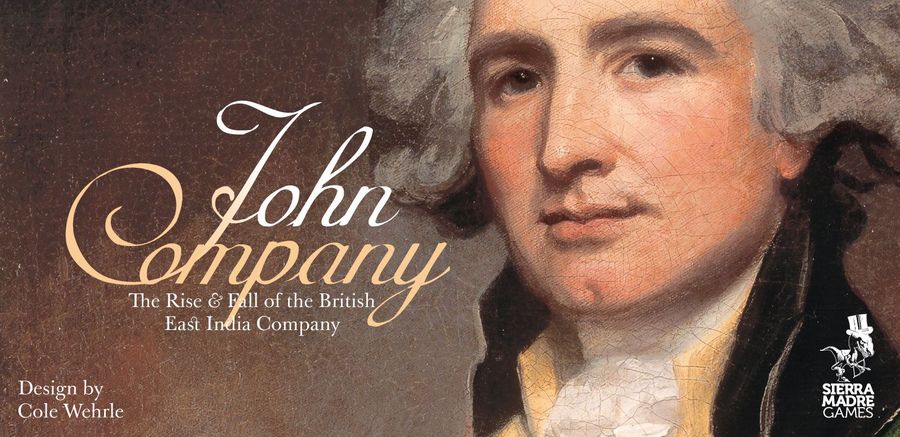John Company (2017) Board Game
John Company is a board game that takes players back to the 17th century when the British East India Company, also known as John Company, held immense power and influence in India. Players take on the role of shareholders in the company, aiming to maximize their profits while navigating the political landscape of the time. Designed by Cole Wehrle and published by Sierra Madre Games in 2017, John Company has gained popularity for its unique blend of economic, educational, negotiation, and political mechanics.
Game Components of John Company
How To Setup John Company
Setup involves each player receiving random bonuses such as money, positions in the Company, influence on the Prime Minister, and a set of promise cards. Players represent families with shares in or members working for the East India Company. The board displays a map of India, rewards for retiring employees, and information about the Company’s state. Each player starts with a set of five promise cards that can be used during negotiations.
Gameplay Mechanics and Game Objective
Mechanics:
Game Objective:
Player Experience
John Company is renowned for its complex and engaging gameplay. Players take on the roles of ambitious families capitalizing on the success of the East India Company, navigating its vast bureaucracy and the consequences of their actions on the Indian subcontinent. The game requires extensive negotiation and strategic planning, making it ideal for players who enjoy complex economic and historical simulations. It is best played with 4-6 players, creating tense and interesting situations through cut-throat negotiations.
Pros
Cons
Personal Thoughts on John Company
John Company is for players who appreciate deep, historically rooted games with complex mechanics. It is ideal for those who enjoy strategic planning, negotiation, and economic management. The game’s themes and mechanics make it a great choice for fans of games like Root and Pax Pamir, also designed by Cole Wehrle. However, due to its complexity and sensitive themes, it may not be suitable for all audiences, particularly those looking for lighter or more casual gaming experiences.
We are supported by our audience. When you purchase through links on our site, we may earn an affiliate commission, at no extra cost for you. Learn more.

